[SOURCE: Hispanic Link, AUTHOR: Alex Nogales]
At a time when opportunities for Latinos and other people to advance in their careers, in their businesses and in every other sphere of activity are disappearing, net neutrality is a must. Over the next few months the Federal Communications Commission will be considering whether to adopt network neutrality rules. The National Hispanic Media Coalition supports codification of these rules because they will ensure that communities of color remain able to use the Internet as a platform to distribute content, innovate freely and participate in civic discourse.
But what does that really mean?
For one, it means that the company from which you purchase your Internet access, generally your telephone, cable or satellite company, will not be allowed to prevent you from sending messages and other lawful content over the Internet. Nor will that company be able to prevent you from accessing online services and applications, like YouTube or Facebook or WebMD. Companies will not be allowed to degrade or slow your access to any lawful web-site. The rules will also require the companies to explain in simple terms the limitations of their services.
So what does this mean for the Latino community and other communities of color?
Many Latinos do not have regular access to “broadband,” also known as high speed Internet, but those that do are benefitting from the Internet in myriad ways. It is a tool for small business owners to effectively reach customers with only a computer and an Internet connection. It is a forum in which content creators can showcase their work without seeking permission from the customary content gatekeepers, such as movie studios, cable and television networks and music labels. It is a venue for journalists, who are facing greater unemployment due to media consolidation, to enhance democratic discourse and access new revenue streams through blogging and other online reporting. It is opening new doors to educational, occupational, medical and other opportunities. It is allowing laborers and vendors to discover the going-rate for their services and products, empowering them to seek just compensation and be competitive in the marketplace. It is providing English-language training to non-English speakers and enabling immigrants to learn about U.S. culture.
In this day and age, access to everything the Internet provides is not just a luxury, but rather a necessity. Those without open Internet access cannot survive and succeed because they are foreclosed from financial aid and job applications, online learning experiences, information about health and transportation, research for homework assignments, and countless other important opportunities.
A Pew report examining over 34,000 news stories from mainstream media outlets found that there was “little coverage directly about the lives of Hispanics and their experience in the U.S.” And much of that “little coverage” demonizes or otherwise misrepresents the Latino community. Although this is not entirely surprising given that Latinos have been largely shut out from mainstream media by high barriers to entry, it is harmful and reprehensible that mainstream news is so divorced from the realities of our evolving society. But with broadband access, Latinos and others who have been traditionally under and misrepresented on mainstream media enjoy opportunities to share our stories fairly and accurately. Indeed, the Internet is one of the very few places where we can respond to the vitriolic anti-Latino rhetoric that airs unopposed on some mainstream media outlets. The network neutrality rules ensure that this power remains in the hands of the people, and not in big companies.
In today’s world, unrestricted Internet access can play an instrumental role in enabling people to pursue their dreams through online education and vocational training. As families struggle to make ends meet, the power and value of broadband Internet access is not always readily apparent, but preserving an open and neutral Internet will continue to allow for innovations that will spur adoption by those that realize how broadband can be useful in their lives. However, if providers of broadband Internet access service are permitted to block or degrade access to certain online content, services and applications, much of the Internet’s value will be lost for Latinos and others communities who cannot afford to pay extra for special access. Thus, for us all, network neutrality is a must.
]]>